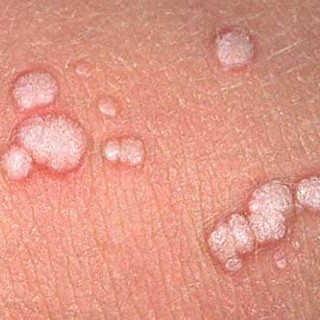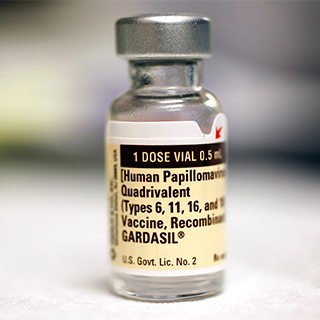
Human Papillomavirus (HPV)
Human papillomavirus (HPV) is the most common sexually transmitted infection (STI) in the United States. There are many different types of this virus. HPV is so common that nearly all sexually active men and women get it at some point in their lives.
Transmission
HPV is transmitted by vaginal, anal or oral sex with someone who has the virus. Even an infected person who has no signs or symptoms of the virus can pass it along.
Anyone sexually active can get HPV, even if you have had sex with only one person who is infected. Symptoms can also develop years after having sex with someone who is infected, which make it harder to know when you first became infected.
Its affects
In most cases, HPV goes away on its own and does not cause any health problems. But when HPV does not go away, it can cause health problems like genital warts and cancer.
The warts usually appear as a small bump or group of bumps in the genital area. They can be small or large, raised or flat, or shaped like a cauliflower. A healthcare provider can usually diagnose warts by looking at the genital area.
HPV can also cause cervical and other cancers including cancer of the vulva, vagina, penis or anus. It can also cause cancer in the back of the throat, including the base of the tongue and tonsils (called oropharyngeal cancer).
Cancer often takes years, even decades to develop after a person gets HPV. The types of HPV that can cause genital warts are not the same as the types of HPV that can cause cancers.
There is no way to know which people who have HPV will develop cancer or other health problems. People with weak immune systems (including individuals with HIV/AIDS) may be less able to fight off HPV and more likely to develop health problems from it.

How to lower your chances of getting HPV.
Get vaccinated.
HPV vaccines are safe and effective. They can protect males and females against diseases (including cancers) caused by HPV when given in the recommended age groups. HPV vaccines are given in three shots over six months; it is important to get all three doses.
HPV vaccine can be found at all Tarrant County Public Health Centers . To make an appointment, call 817-248-6299.
Get screened for cervical cancer.
Routine screening for women aged 21 to 65 years old can prevent cervical cancer.
If you are sexually active:
- Use latex condoms the right way every time you have sex. This can lower your chances of getting HPV. But HPV can infect areas that are not covered by a condom - so condoms may not give full protection against getting HPV;
- Be in a mutually monogamous relationship – or have sex only with someone who only has sex with you.


More information


 TARRANT COUNTY, TX
TARRANT COUNTY, TX

 Public Health
Public Health